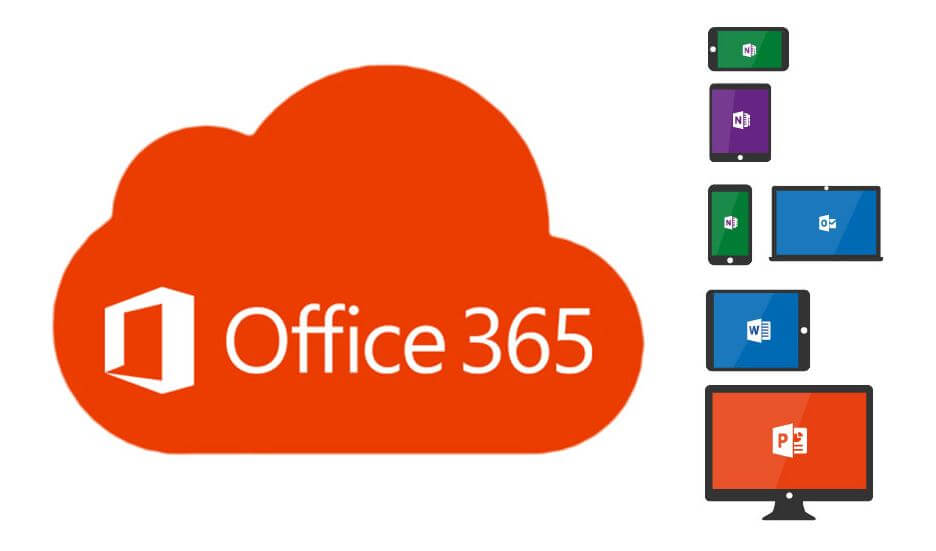In an era marked by technological advancements and an ever-increasing reliance on digital solutions, businesses are taking bold steps towards a cashless future. This paradigm shift not only streamlines transactions but also propels industries into a realm of efficiency and innovation previously unexplored.
Gone are the days of fumbling for exact change or Thehawaiireporter.com waiting in long queues at the cash register. The business landscape is undergoing a radical transformation as forward-thinking entrepreneurs embrace the cashless trend, recognizing its potential to redefine customer experiences and drive economic growth.
One of the primary advantages of a cashless system is the enhanced security it offers. With transactions seamlessly integrated into digital platforms, the risk of theft and fraud diminishes significantly. Customers and businesses alike can breathe a sigh of relief knowing that their financial interactions are fortified by robust encryption and authentication measures.
Furthermore, the convenience afforded by a cashless model cannot be overstated. Mobile payment apps, contactless cards, and digital wallets have become the new norm, allowing customers to make swift and hassle-free transactions. This not only saves time but also fosters an environment conducive to spontaneous purchases, boosting sales for businesses that have embraced this transformative approach.
The cashless revolution is not only reshaping the transactional aspect of businesses but also revolutionizing customer engagement. Loyalty programs, personalized discounts, and targeted marketing campaigns are seamlessly integrated into digital payment platforms, creating a more personalized and rewarding experience for consumers. Businesses can leverage data analytics to understand consumer behavior better, tailoring their offerings to meet evolving preferences.
Moreover, a cashless system contributes to a more sustainable and eco-friendly business model. The reduction in the use of physical currency translates to a decrease in the production and distribution of paper money, ultimately lowering the environmental footprint of businesses.
As this cashless movement gains momentum, it is essential for businesses to invest in robust cybersecurity measures, ensuring the protection of sensitive financial information. Education and awareness campaigns also play a crucial role in familiarizing customers with the benefits and safety of cashless transactions, fostering a sense of trust in the evolving system.
In conclusion, the business landscape is undergoing a profound transformation with the widespread adoption of cashless transactions. Embracing this shift not only enhances security and efficiency but also opens doors to new possibilities in customer engagement and sustainability. The future of commerce is undeniably digital, and businesses that lead the charge into this cashless frontier are poised for success in the evolving marketplace



